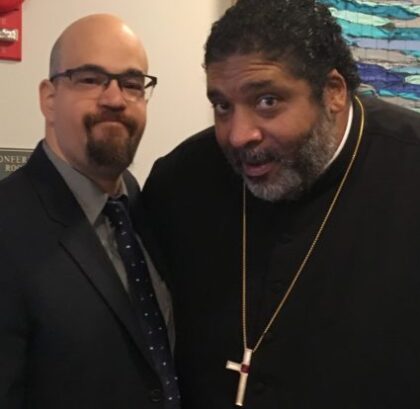 At the heart of UUSJ’s economic justice work are three values–inclusion, equity, and opportunity–that interact closely with our UU principles.
At the heart of UUSJ’s economic justice work are three values–inclusion, equity, and opportunity–that interact closely with our UU principles.
These values dovetail what early thinkers in the field such as Louis Kelso and Mortimer Adler, identified as “three essential and interdependent principles: Participative Justice (the input principle), Distributive Justice (the out-take principle), and Social Justice (the feedback and corrective principle).”
“Democracy is a process, not a static condition. It is becoming, rather than being. It can easily be lost, but is never finally won.” observes Judge William H. Hastie, dean of the Howard University Law School, Civilian Aide to the Secretary of War, and mentor to Former Supreme Court Justice Thurgood Marshall.
Judge Hastie captures well what we who struggle for social justice must heed at all times, and what dearly departed Representative John Lewis taught–justice-making is an ongoing process and calls us to be engaged for the long haul.
Among UU economic justice advocates, and certainly within UUSJ, we frequently ground our work in our Principles of the worth and dignity of all people; our justice, equity, and compassion in human relations and the use of the democratic process within our congregations and in society. Our 7th Principle (respect for the interdependent web of all existence) calls us to expand our vision for justice beyond our species or those lives we easily recognize as sentient.
The dialogue around the proposed 8th Principle challenges us to recognize and confront the interlocking injustices of racism and other oppressions and the roles they play in undermining our denominational commitment to established UU principles.
Together this complex of interdependent commitments means we feel called by our faith, to strive for King’s Beloved Community, for the inclusion that implies. We are called by what is sacred to champion compassion, for we understand that a society (and economy) indifferent to heartbreaking inequity is in moral crisis. And our spirits are moved to enhance the opportunity for all, for we perceive that without the real prospect of personal or community betterment, we are out of covenant with our fellow human beings.
No matter the election results, these are the principles that inform our economic justice work.


